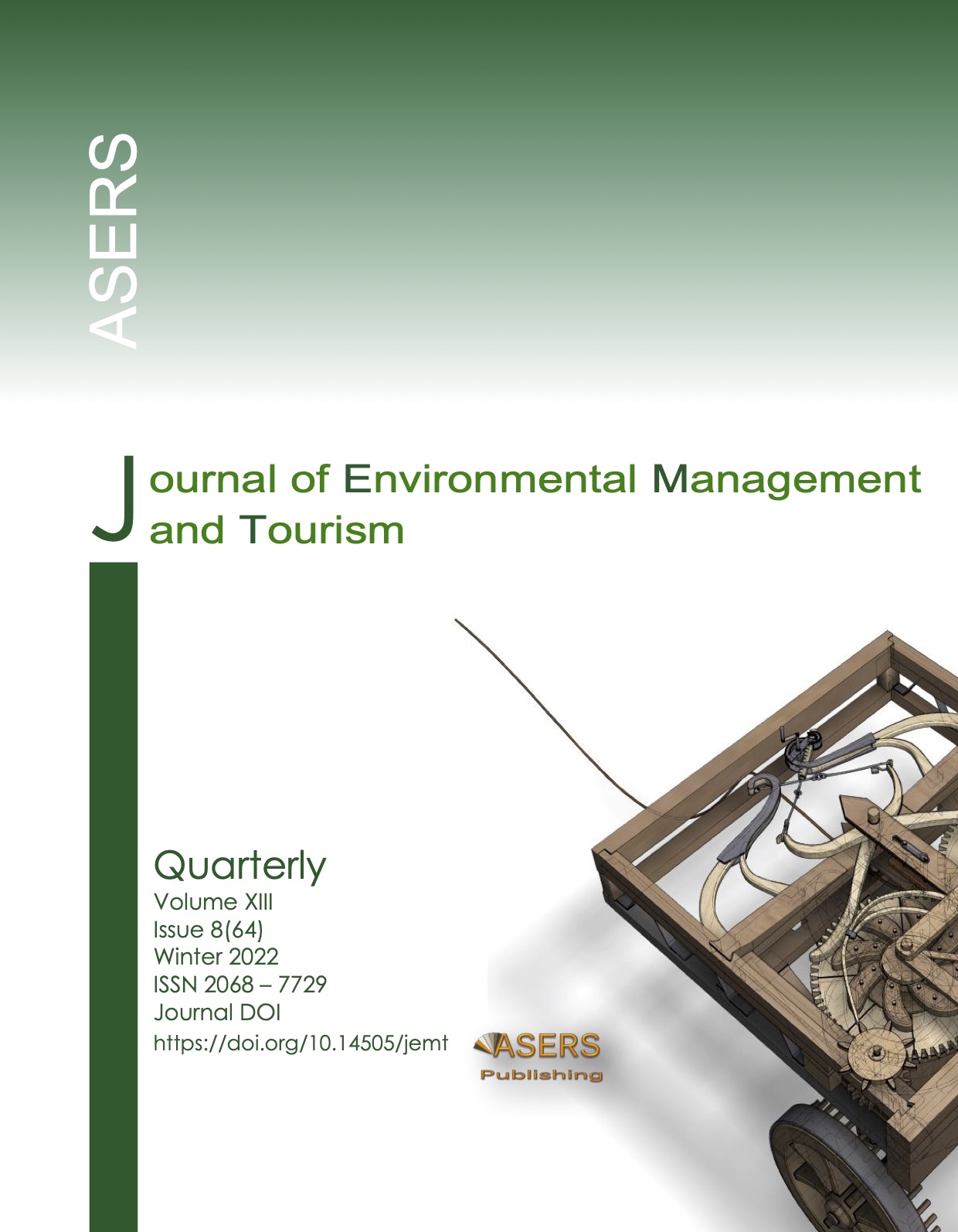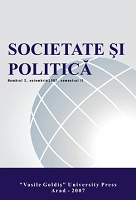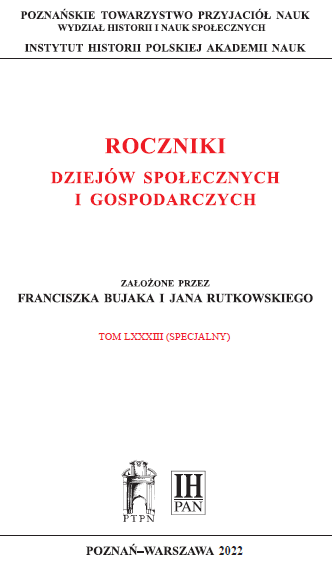
The Effectiveness of Attractions in Increasing the Visits of Tourists in Samosir, North Sumatera
The Effectiveness of Attractions in Increasing the Visits of Tourists in Samosir, North Sumatera
Keywords: the effectiveness; tourism; tourism development; tourist attractions; tourism village; and tourist visits;
This research aims to analyse the effectiveness of attractions in increasing the visits of tourists. This research used quantitative. The research population was the communities of tourist villages, and the tourists who came to visit Samosir, North Sumatera, while the research samples were 50 people taken by random sampling technique. The techniques of research data collection were documentation studies, questionnaires, observations and interviews. The data analysis technique used is simple linear regression. The results of the study conclude that there was a positive and significant contribution between the effectiveness of attractions on the visits of tourists in the tourism village of Samosir, North Sumatera. Suggestions for this research need to increase the quantity and quality of attractions based on Batak culture periodically and continuously such as festivals of songs, dances and Batak cultural arts so that they attract tourists to visit in Samosir, North Sumatera.
More...

